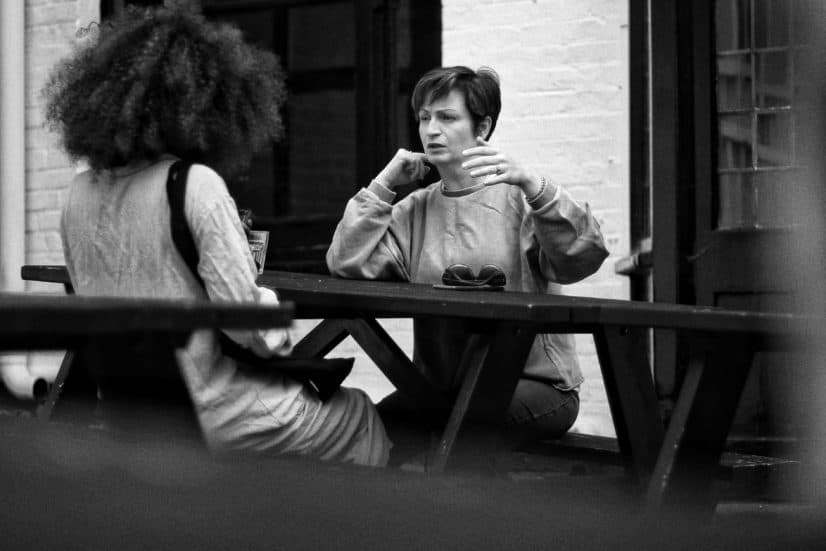Free will may be great when we’re talking about my freedom to make decisions about my own well-being. I am all about that, full-stop. But, if I’m being honest, my enthusiasm for the exercise of free will ebbs considerably at the point where your freedom intersects with my emotional well-being.
It’s great in theory: freely-offered love and encouragement is especially powerful, profoundly personal.
No wonder it’s also so terrifying. The three ways we try to protect ourselves from emotional risk are through withdrawal, indirect engagement, and over-engagement:
- Withdrawal: We pull back from the person or people who have disappointed us. Removing ourselves from their sphere of influence can minimize the opportunities for us to be disappointed by them again, but it makes it difficult to connect with; thus, we enhance feelings of isolation and powerlessness, and confirm our worst beliefs about others and their care for us.
- Indirect engagement: If we are insecure about how much we can trust others to care about our needs, we use passive aggressiveness or guilt-tripping to exert influence indirectly rather than asking for what we need or expressing how we truly feel. There are two likely outcomes: one, we succeed in maneuvering people into responding as we’d like them to, but because we haven’t been forthcoming, we never know if their behavior reflects genuine care for us or is the product of our machinations. Two, people growing weary of our attempts to manipulate them and withdraw or begin to respond in kind. Like withdrawal, indirect engagement helps minimize immediate emotional risk, but undermines relational depth.
- Over-engagement: We micromanage, over-analyze, and helicopter-parent. We try to anticipate how someone will respond, second-guessing ourselves and attributing beliefs and motivations to people, without ever allowing them to speak for themselves. If we can anticipate their responses well enough, we can act for them, to make sure they don’t disappoint us, and we don’t disappoint them.
In every case, our fear of relinquishing control, and of being transparent about how we feel and what we need compromises long-term emotional health for short-term harmony.
Allowing people the freedom to make their own choices, even bad ones, is necessary for growing genuine, trust-based connections.

